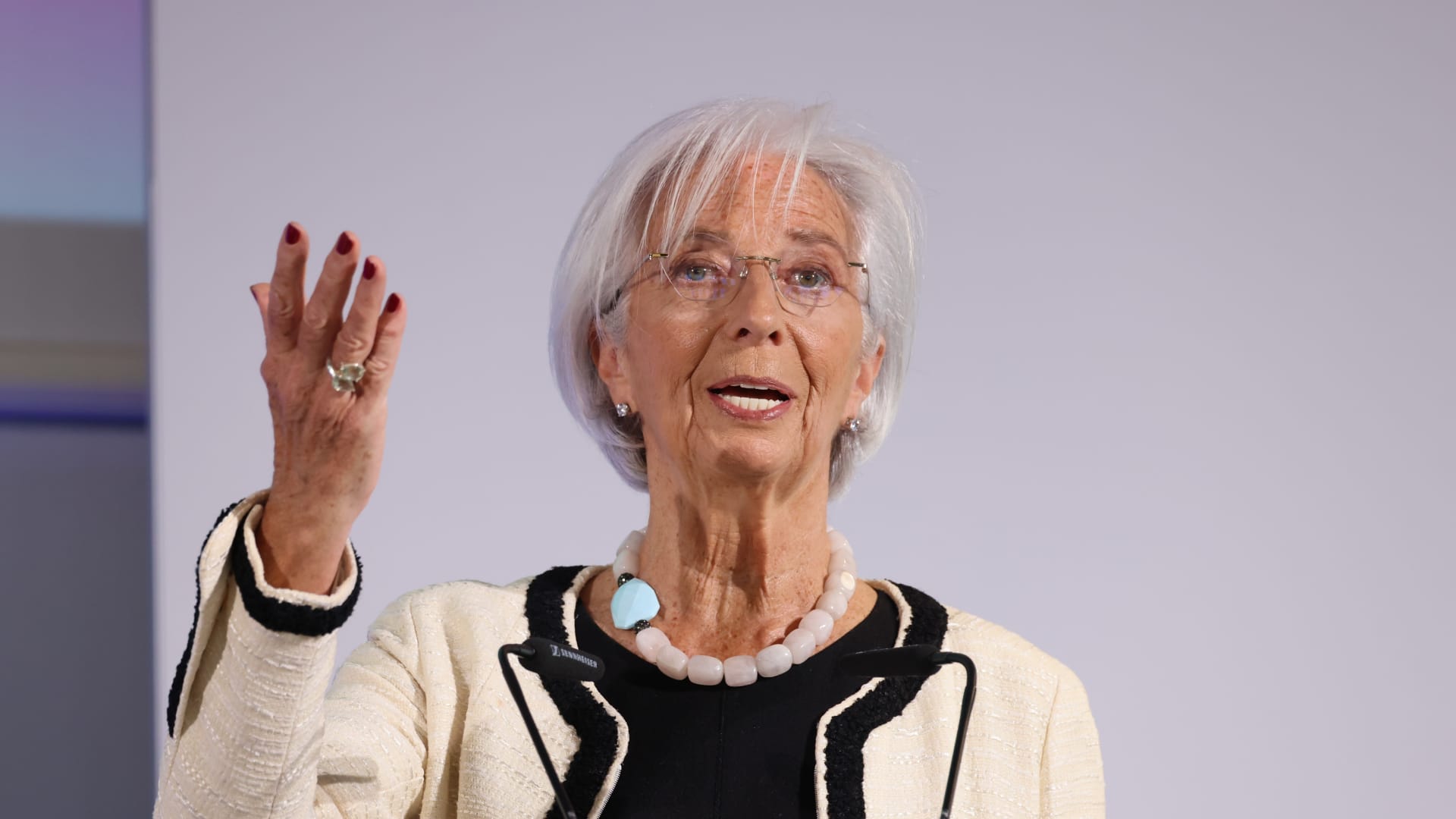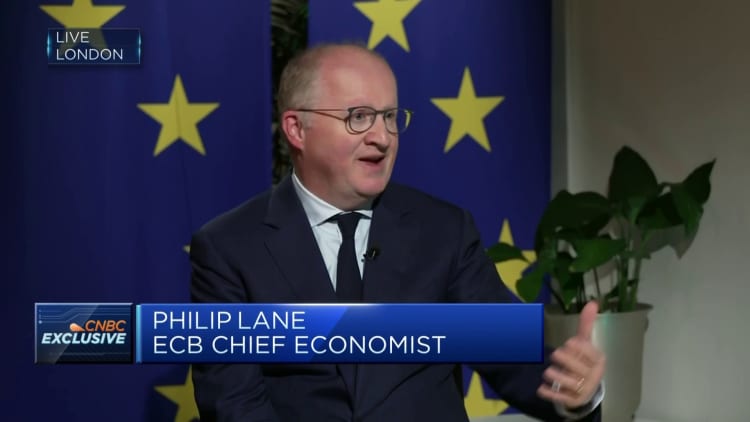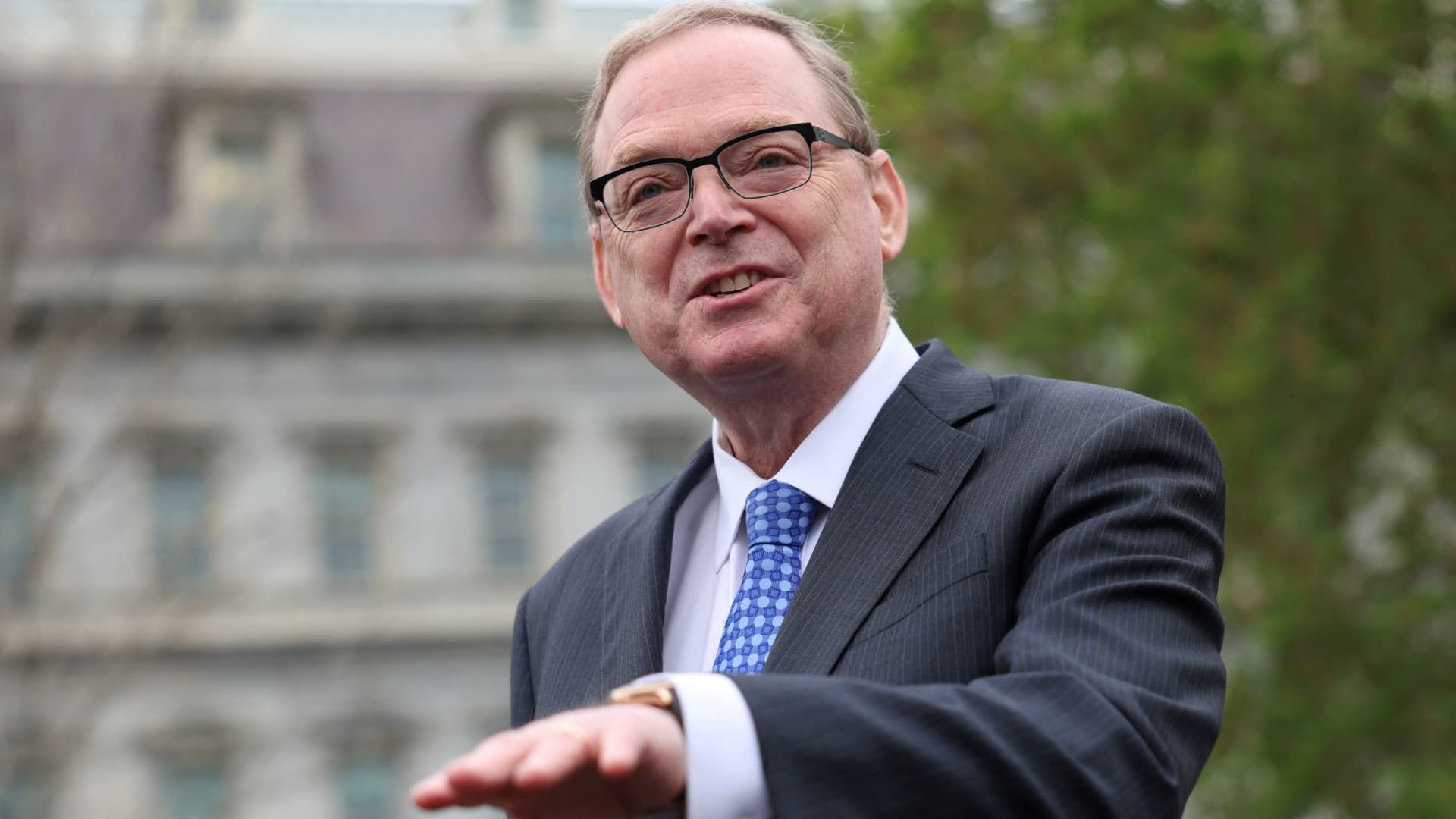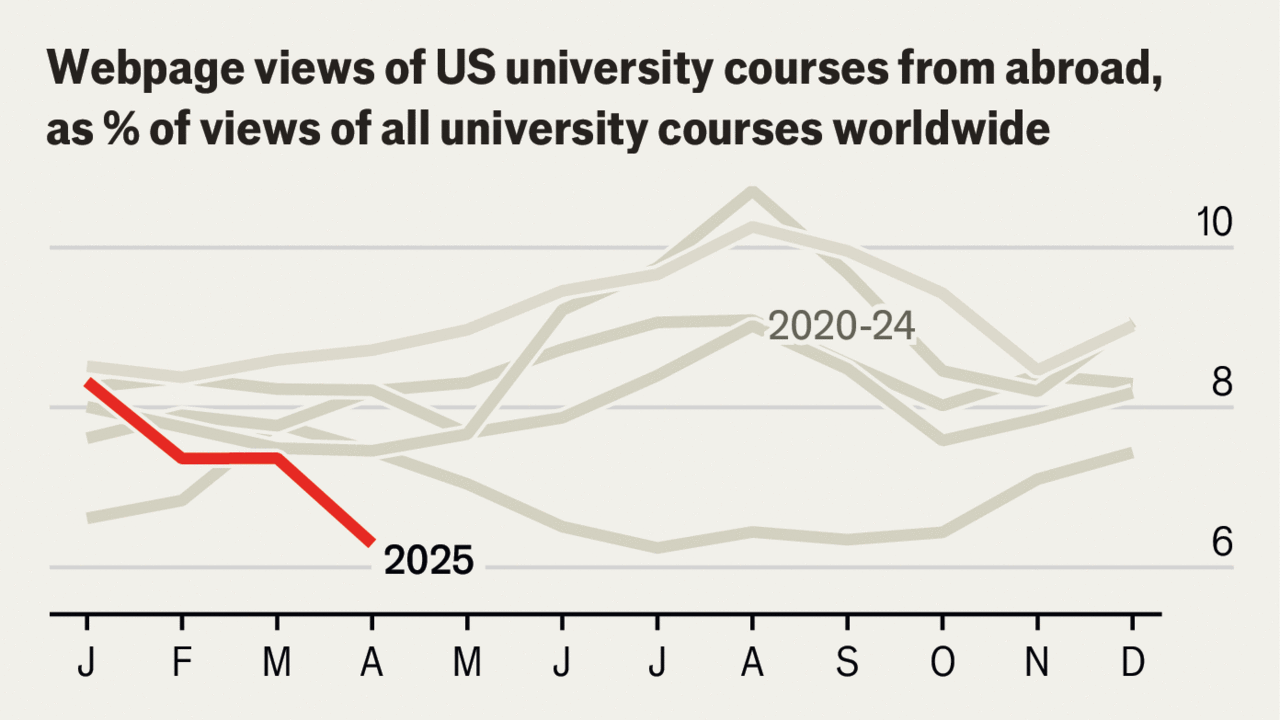Christine Lagarde, president of the European Central Bank, at the ECB And Its Watchers conference in Frankfurt, Germany, on March 20, 2024.
Bloomberg | Bloomberg | Getty Images
European Central Bank chief Christine Lagarde on Wednesday reiterated that policymakers will consider bringing interest rates down in June, but sketched an uncertain path beyond that.
“By June we will have a new set of projections that will confirm whether the inflation path we foresaw in our March forecast remains valid,” Lagarde said in a speech in Frankfurt.
The June meeting has been flagged as a potential turning point by many members of the ECB’s Governing Council — which votes on rate moves — as it will be the first gathering for which data from spring wage negotiations will be available. The ECB is on alert for potential knock-on inflationary effects from rising salaries.
Data available by June will also provide more insight into the path of underlying inflation and the direction of the labor market, according to Lagarde.
“If these data reveal a sufficient degree of alignment between the path of underlying inflation and our projections, and assuming transmission remains strong, we will be able to move into the dialling back phase of our policy cycle and make policy less restrictive,” she said.
“But thereafter, domestic price pressures will still be visible. We expect services inflation, for example, to remain elevated for most of this year. So, there will be a period ahead where we need to confirm on an ongoing basis that the incoming data supports our inflation outlook.”
Lagarde’s message overall was highly positive on the path on inflation, despite flagging geopolitical uncertainty and ongoing domestic price pressures. Euro zone inflation cooled to 2.6% in February, though the print for services remained stickier at 3.9%.
“Unlike in the earlier phases of our policy cycle, there are reasons to believe that the expected disinflationary path will continue,” Lagarde said, stressing confidence in the latest set of staff macroeconomic projections, which see inflation averaging 2.3% in 2024, 2% in 2025, and 1.9% in 2026.
The euro zone’s central bank has held rates steady since bringing them to a record high in September. Until its March meeting, the bank’s messaging was that it was too early to discuss when to start rate cuts. It next meets in April, then June.
Market attention is now moving to how many rate cuts the ECB is likely to carry out over the course of this year. Money markets indicate three cuts taking place by December, along with a potential fourth, according to Reuters data.

 Accounting1 week ago
Accounting1 week ago
 Economics1 week ago
Economics1 week ago
 Personal Finance1 week ago
Personal Finance1 week ago
 Accounting1 week ago
Accounting1 week ago
 Finance7 days ago
Finance7 days ago
 Economics1 week ago
Economics1 week ago
 Economics1 week ago
Economics1 week ago
 Economics1 week ago
Economics1 week ago






















